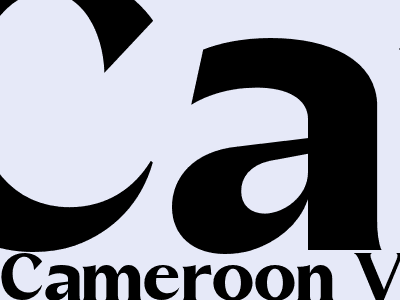
Cameroon vs Equatorial Guinea: A Historical Perspective
The Contest for Imperial Influence
Since the 19th century, Cameroon and Equatorial Guinea have been subjected to the influence of European powers.
In 1884, Germany established a protectorate over Cameroon, while Spain took control of Equatorial Guinea in 1885.
A Shared History under Colonial Rule
Under colonial rule, both Cameroon and Equatorial Guinea experienced economic exploitation and social upheaval.
The extraction of natural resources, such as timber and cocoa, resulted in environmental degradation and displacement of indigenous communities.
Colonial policies also fostered divisions within the societies of both countries.
Independence and Post-Colonial Conflicts
Cameroon gained independence in 1960, while Equatorial Guinea followed suit in 1968.
In the post-colonial era, both countries struggled with political instability and economic challenges.
Border disputes and resource conflicts between them further strained relations.
The Emergence of Oil and Economic Growth
In the 1990s, the discovery of oil reserves in both Cameroon and Equatorial Guinea transformed their economies.
Oil revenues led to increased government spending and improvements in infrastructure, but also raised concerns about corruption and income inequality.
Contemporary Relations and Bilateral Cooperation
Despite their shared history and challenges, relations between Cameroon and Equatorial Guinea remain complex.
While there is a desire for cooperation, issues such as border disputes and economic competition continue to cast a shadow over their relationship.
Efforts are being made to strengthen bilateral ties through regional organizations and joint economic initiatives.